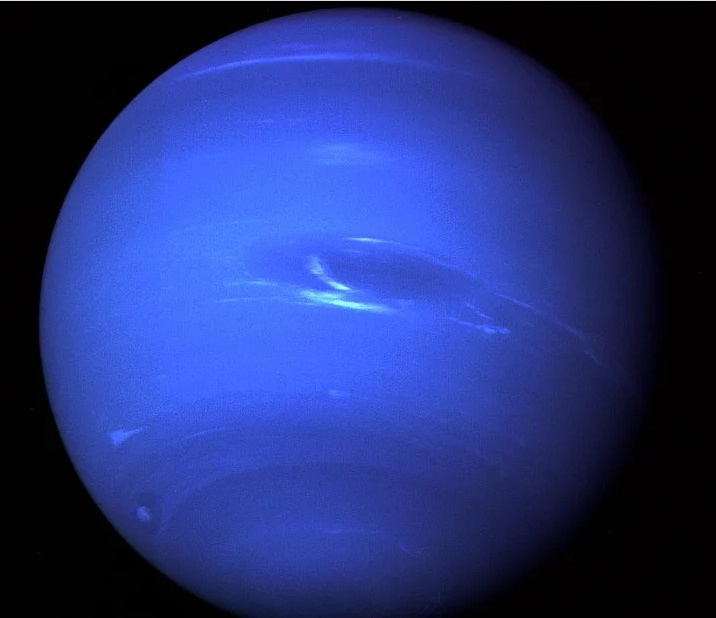Researchers have found over 300 trans-Neptunian objects (TNOs), minor planets that are located in the far reaches of the solar system, including more than 100 new discoveries according to a new study published in The Astrophysical Journal Supplement Series.
The team of researchers, led by graduate student Pedro Bernardinelli and professors Gary Bernstein and Masao Sako, believe that the latest findings could aid future searches for the hypothetical Planet Nine and other undiscovered planets as the study describes a new approach to finding similar objects.

Usage of Dark Energy Survey
The researchers used the data from the Dark Energy Survey (DES), which completed six years of data collection in January, to discover the TNOs. However as DES was designed to study galaxies and supernovas, the researchers had to develop a new way to track the movement. The experts said that the dedicated TNO surveys take measurements as frequently as every hour or two, which allow researchers to more easily track their movements.
Pedro Bernardinelli said: "Dedicated TNO surveys have a way of seeing the object move, and it's easy to track them down. One of the key things we did in this paper was figure out a way to recover those movements."
Chances of finding 500 new TNOs
After several months of method-development and analysis, the researchers found 316 TNOs, including 245 discoveries made by DES and 139 new objects that were not previously published. Pluto, the best-known TNO, is 40 times farther away from the sun than the Earth is, and the TNOs found using the DES data range from 30 to 90 times the Earth's distance from the sun. Some of these objects are on extremely long-distance orbits that will carry them far beyond Pluto.
The researchers said that there are chances of finding new TNOs, possibly as many as 500, based on the data estimates, in the near future.
Bernstein said: "There are lots of ideas about giant planets that used to be in the solar system and aren't there anymore, or planets that are far away and massive but too faint for us to have noticed yet."









